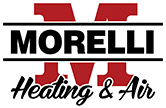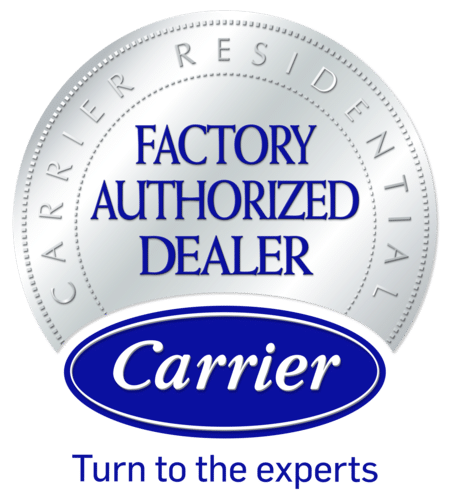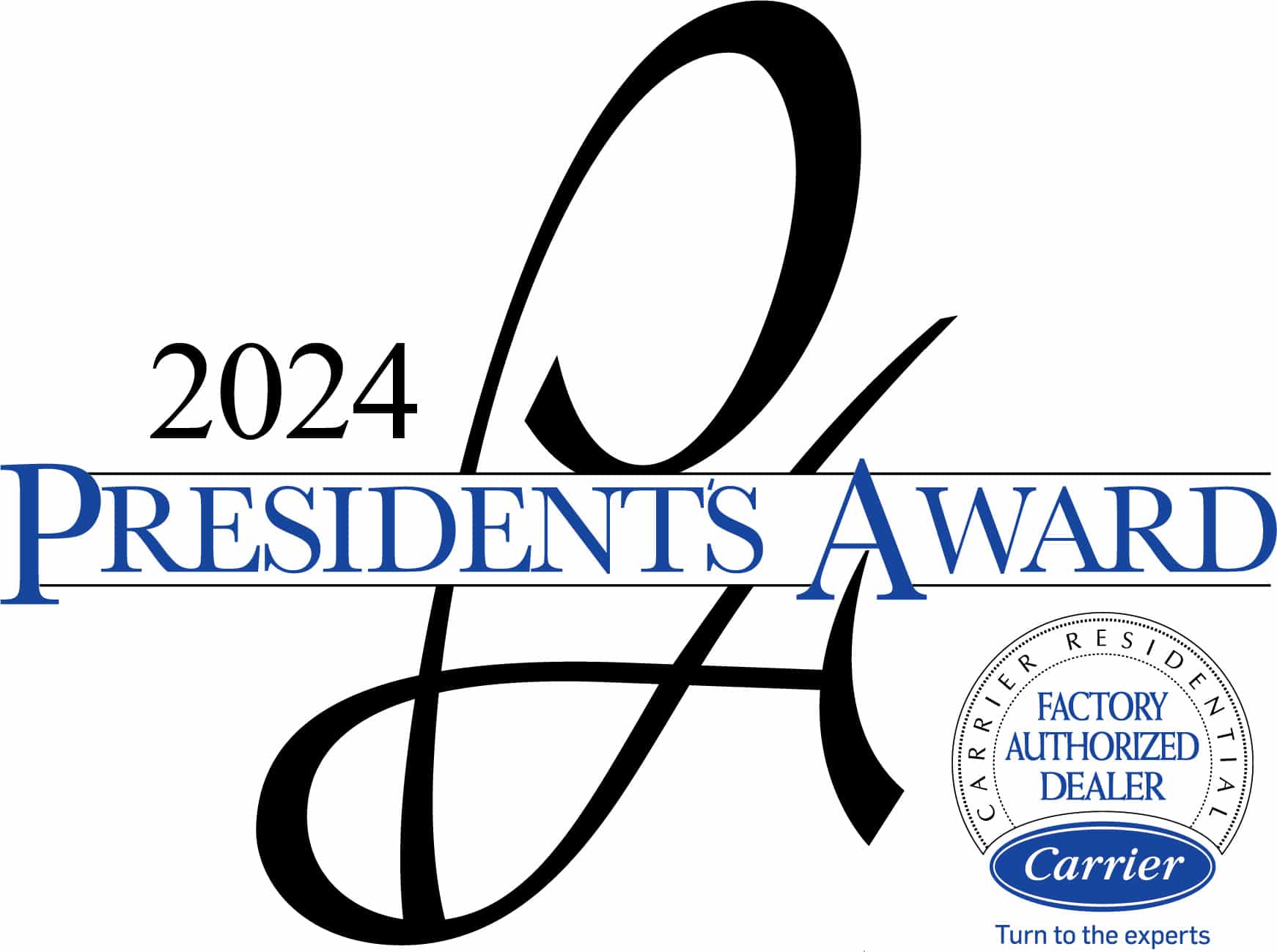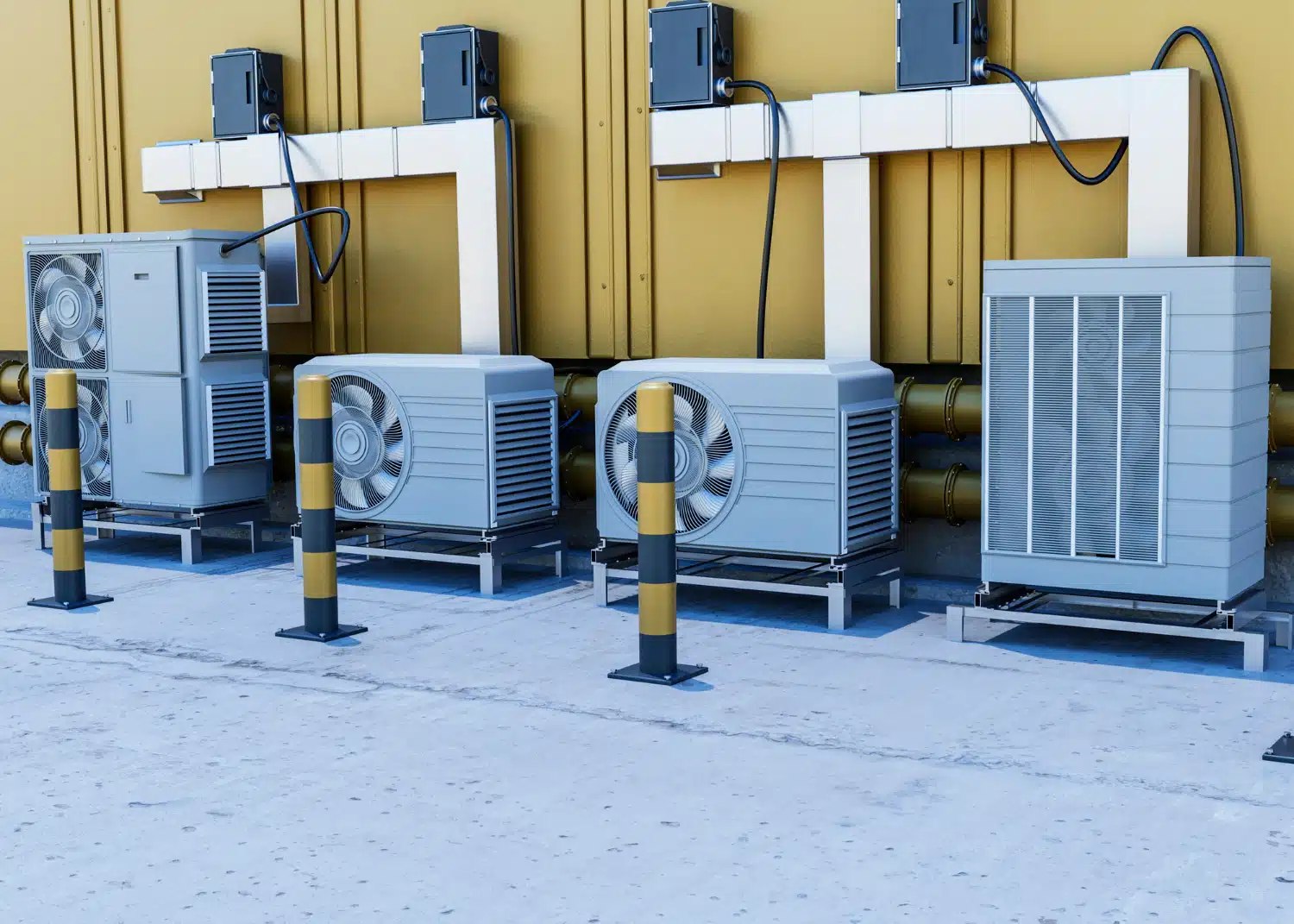Living in Charleston, SC, means enjoying the beautiful weather most of the year, but it also means relying heavily on our HVAC systems to stay comfortable. As we depend on these systems to regulate our indoor climate, it’s crucial to understand the potential hazards they can pose if not properly maintained. In this blog, we’ll explore HVAC safety tips to help protect your family and home from any risks.
- Regular Maintenance Checks: Just like any other appliance, your HVAC system needs regular maintenance to ensure it’s running efficiently and safely. Schedule professional inspections at least once a year, preferably before the summer and winter seasons when you’ll be using it the most. A qualified technician can identify and address any issues before they escalate into safety hazards.
- Clean or Replace Air Filters: Clogged air filters restrict airflow, forcing your HVAC system to work harder and potentially leading to overheating or even fires. Make it a habit to clean or replace your air filters every one to three months, depending on usage and the type of filter you have. This simple task not only improves air quality but also enhances the safety and efficiency of your system.
- Check for Gas Leaks: If your HVAC system runs on natural gas, propane, or oil, it’s crucial to regularly inspect for gas leaks. Signs of a gas leak include a rotten egg smell or hissing noises near the furnace or gas line. If you suspect a leak, evacuate your home immediately and contact your utility provider or emergency services. Gas leaks can be extremely hazardous and require immediate attention from professionals.
- Ensure Proper Ventilation: Improper ventilation can lead to a buildup of carbon monoxide, a colorless and odorless gas that can be deadly in high concentrations. Install carbon monoxide detectors on every level of your home and near sleeping areas. Additionally, ensure that all vents and exhausts are clear of obstructions, allowing proper airflow and ventilation.
- Keep Combustibles Away: Your HVAC system generates heat, so it’s essential to keep combustible materials such as paper, cloth, or chemicals away from heating appliances. Store flammable items in designated areas away from furnaces, water heaters, and other heat-producing equipment to reduce the risk of fire.
- Monitor Electrical Components: Faulty electrical components in your HVAC system can pose a significant safety hazard. Inspect wiring, outlets, and switches regularly for signs of damage, such as fraying or exposed wires. If you notice any issues, have them repaired by a qualified electrician promptly.
- Install Surge Protectors: Power surges can damage sensitive HVAC equipment, leading to malfunctions or even electrical fires. Protect your system by installing surge protectors on electrical outlets connected to your HVAC unit. These devices help regulate voltage and prevent damage from electrical spikes.
- Educate Your Family: Lastly, ensure that everyone in your household is aware of basic HVAC safety practices. Teach them how to recognize signs of trouble, such as unusual smells, sounds, or behaviors from the HVAC system, and what steps to take in case of an emergency.
By following these HVAC safety tips, you can help protect your family and home from potential hazards year-round. Remember, investing in regular maintenance and taking proactive measures can not only enhance the efficiency and lifespan of your HVAC system but also provide invaluable peace of mind knowing that your loved ones are safe and comfortable. Stay safe, Charleston!









Excellent! Please Rate us 5-stars
...and leave a helpful review.
Would you recommend Morelli Heating and Air?